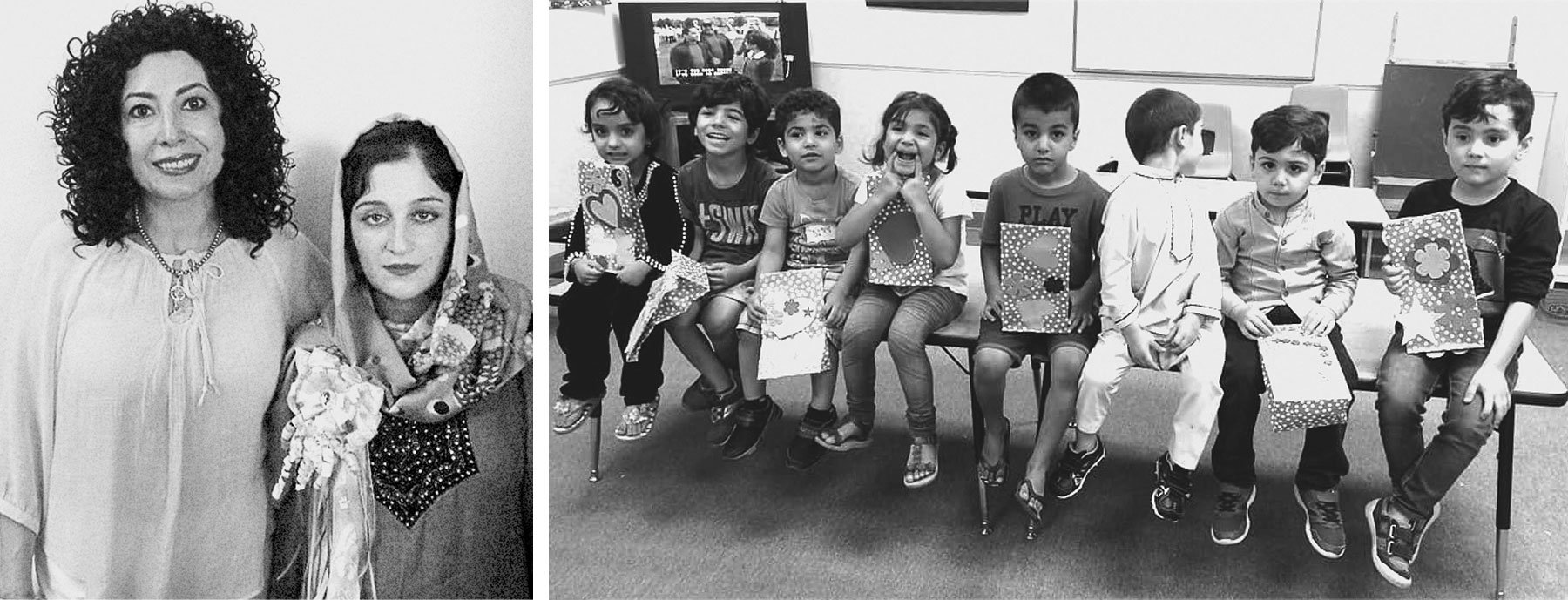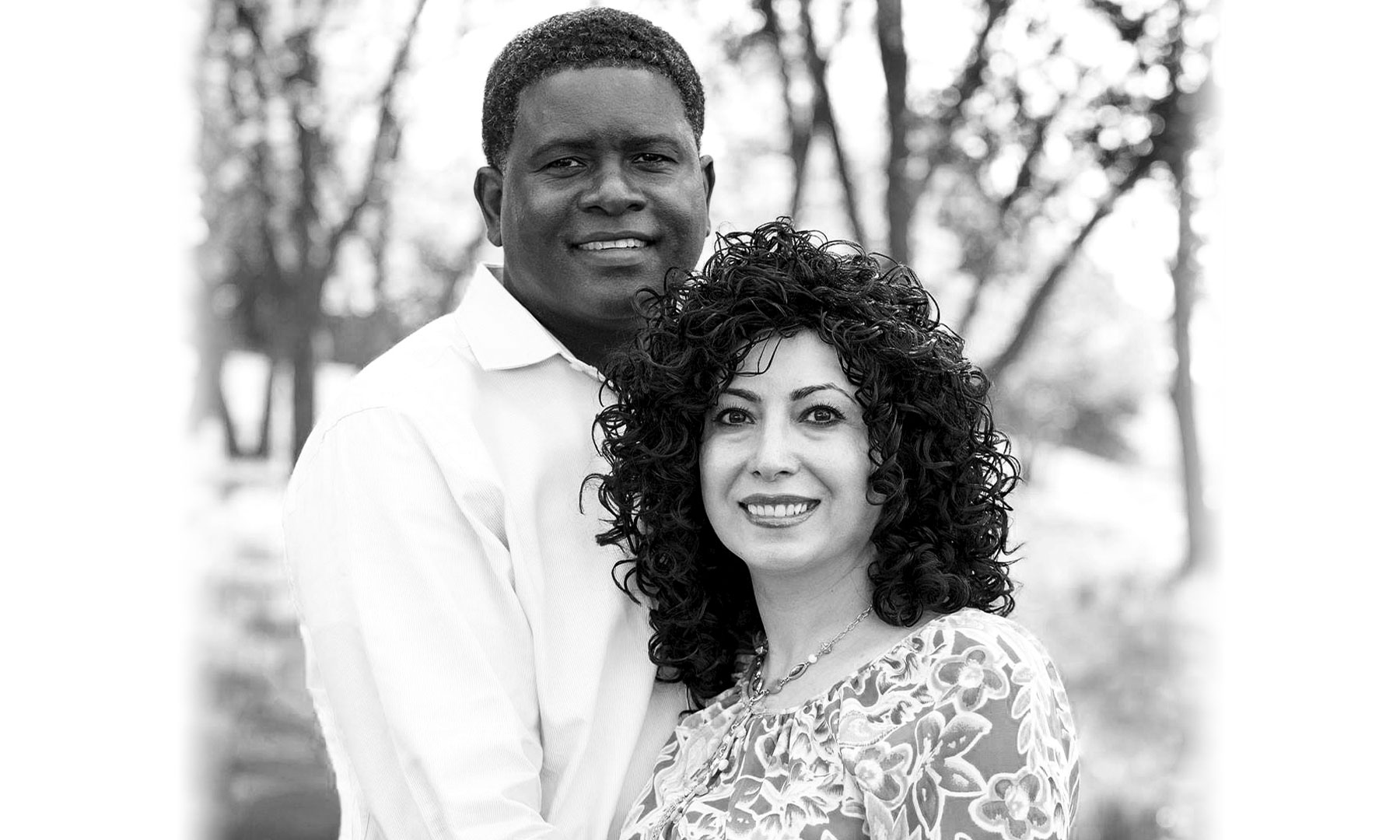Questions normal people don’t ask:
Should I become a priest?

I was born and raised in Iran as a Muslim.
The Rev. Dr. Samira Izadi Page
When I was six, I had a vision of the Virgin Mary. That moment started my faith journey toward Christianity, and I knew that my life belonged to the Church; but as a Muslim child, I had no idea what that meant.
During the Iranian revolution, a horrific war broke out between Iran and Iraq; prompting my family to flee due to persecution. We obtained political asylum in the U.S., and by 1999, after a harrowing trek through Iran, Turkey, and Mexico, we settled in Texas. On our first day in Dallas, a member of a local church welcomed us and even set us up with a furnished apartment. That church became our second family, and their unique way of reaching out changed my life and inspired my work. Feeling drawn to the faith for some time, I became a Christian. I went on to enter seminary and eventually received a doctorate of ministry and was ordained an Episcopal priest. However, I was not called to serve in one specific pulpit? My calling was to serve the broader Church.
Today, an unprecedented 65.3 million people around the world have been forced from their home. Among them are nearly 21.3 million refugees with over half of them under the age of 18. The refugee crisis is the most significant humanitarian crisis of our time.
In the Anglican tradition, at our baptism, we are asked if we strive for justice and peace among all people and respect the dignity of every human being. That is the same dignity that in Christ is fully redeemed. That is the same dignity that has been stolen from refugees by war, famine, terrifying circumstances, and ungodly governments and groups.
When I look at a refugee, I see myself and realize that Christ died for that person just as much as he died for me, and the Church has the vocation and the power of the Holy Spirit to help restore their dignity in the name of Christ.
And so do I.
As a priest, my calling was not to a specific church but a cause.
- To minister to refugees and people who do not know Christ directly.
- To provide discipleship for persecuted Muslim-background-believers.
- To pray on behalf of those who do not know God, whose voices have been choked up, and those who have no hope.
But I’d say being a priest is not about what you do but about who you are. It’s not about how much information you obtain, the lofty words you use, or how you can explain the big theological terms.
It is about sharing in the life of Christ in ways that you never imagined, leading God’s people into furthering the Kingdom of God and empowering them to share the Gospel with those who do not know the love of God through Jesus Christ.
The Rev. Dr. Samira Izadi Page is the founder and Executive Director of Gateway of Grace – a ministry that mobilizes Episcopal and other churches to bridge sociocultural gaps and to remove the fears, anxieties and spiritual apathy that stand in the way of Christians connecting with refugees. Gateway partners with more than 50 congregations to adopt refugee families upon arrival and provides job-readiness, language, and other training.

